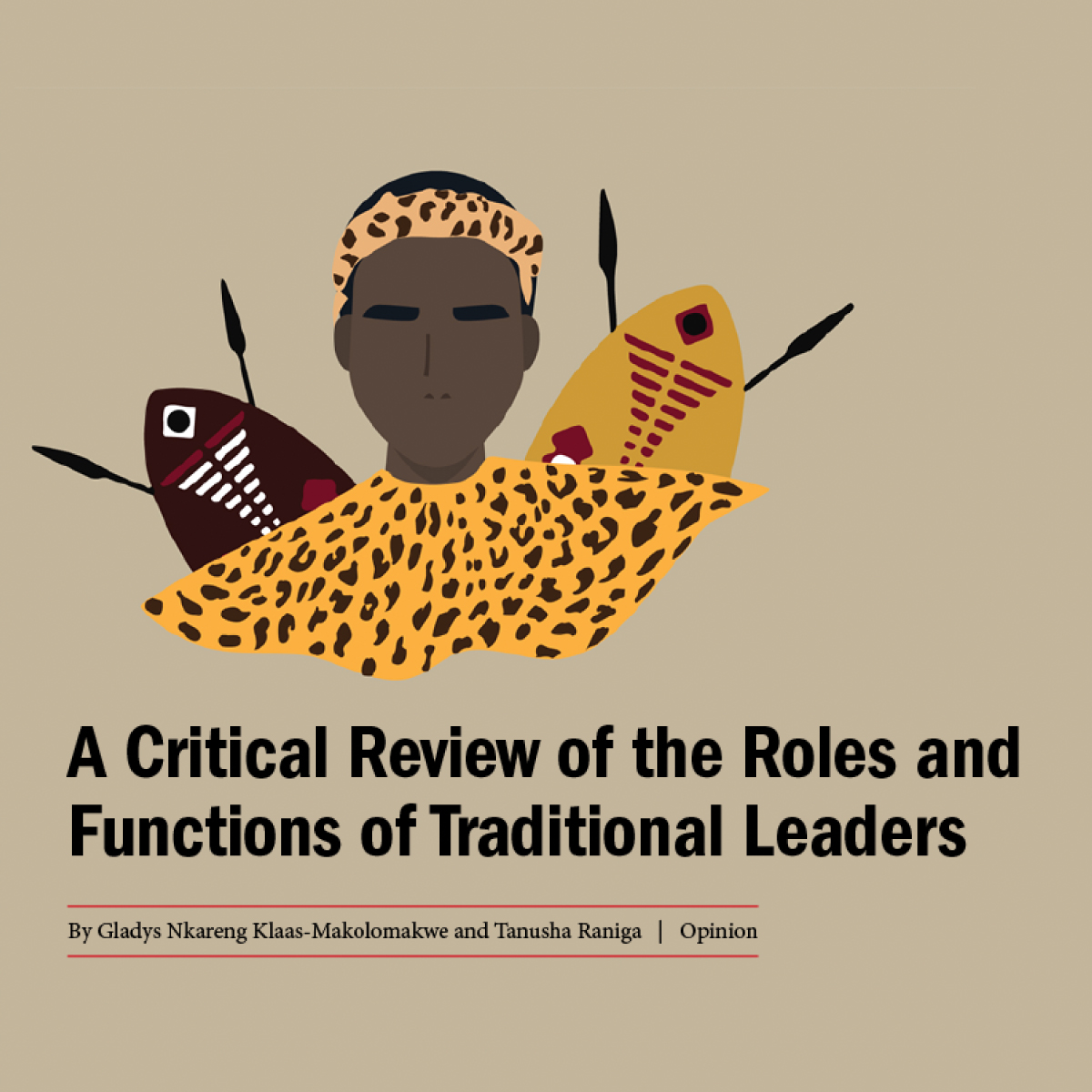A Critical Review of the Roles and Functions of Traditional Leaders
Main Article Content
Abstract
The epitome of pre-colonial African history and culture is embedded within the institution of traditional leadership. Yet, this institution is still mired by much controversy and the cloud of being seen as not fitting the principles of democracy, while needing to remain relevant to its subjects. Having survived both the colonial and apartheid eras in South Africa, it still faces legislative control in the post-1994 era. The discourses presented in this paper advance the contested views regarding the legislative control by the state over the institution of traditional leadership. Within rural areas, the institution is perceived by local citizens as independent and a valuable institution, upholding gender justice and cultural rights. Providing focused attention on the abuse of women, this paper offers insights from empirical evidence in KwaZulu-Natal on the prominent role played by senior women traditional leaders in addressing women abuse in rural communities.

